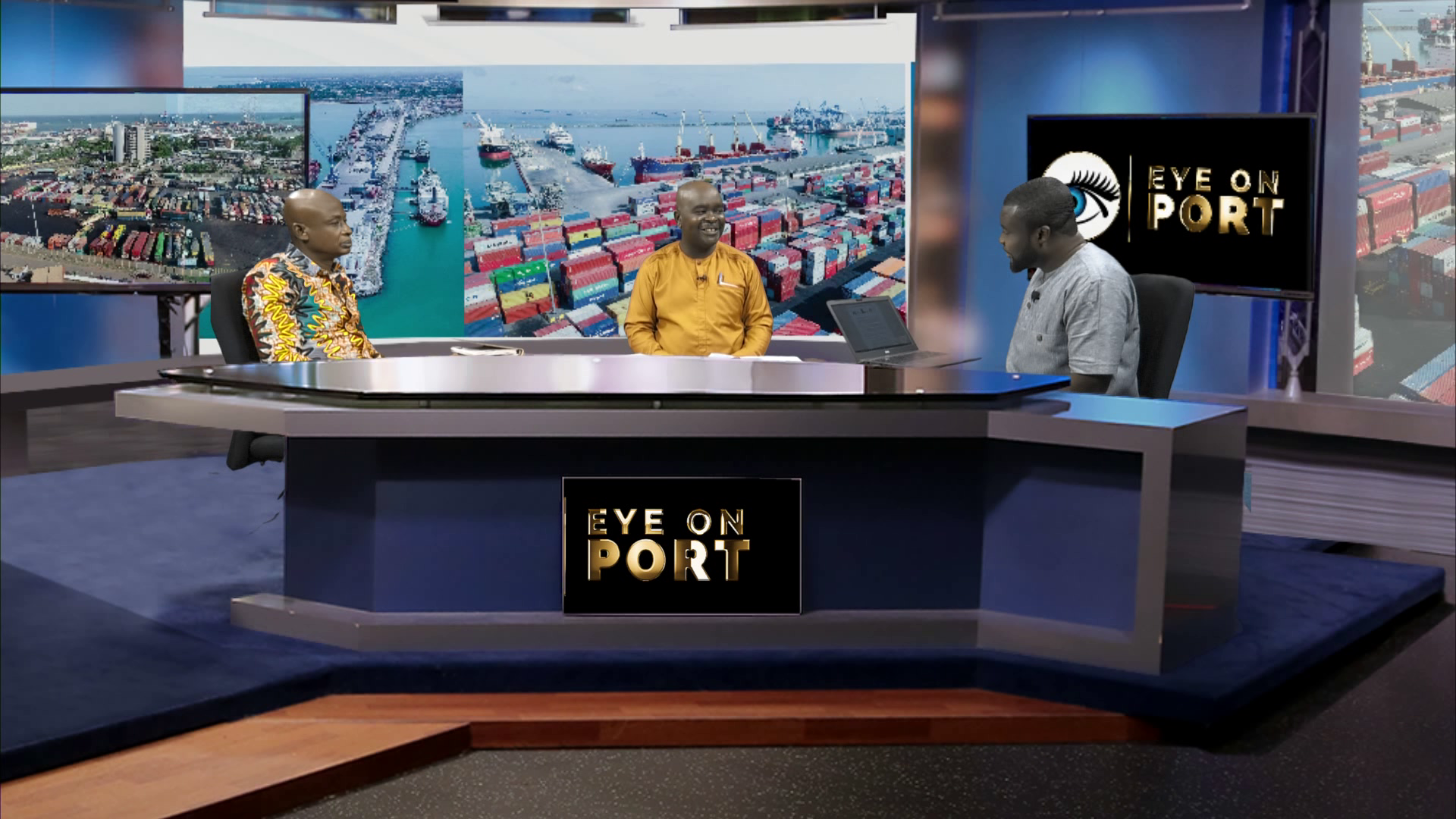Africa Has Failed To Implement Good Protocols – Ziad Hamoui

Ziad Hamoui, President of Borderless Alliance, has described the AfCFTA as a landmark achievement but hinted however that there is room for Africa to improve in the implementation of such good initiatives as historically, Africa has proven to fail repeatedly in enforcing implementation of such regional policies.
“Previously there’s been always challenges in implementing good and lofty agreements. Countries come to the table to agree to something, but when it comes to the implementation, we find out that we didn’t embed mechanisms to follow up on it,” he bemoaned.
The President of the Borderless Alliance Ghana who was speaking live on Eye on Port mentioned the Ecowas Trade Liberalization Scheme, for example as lacking the right administrative structure from Ecowas to enforce its implementation.
The President of the Borderless Alliance Ghana, on the insubordination of states to implement regional protocols, also revealed that countries abandon the implementation of regional protocols they agree on, over time, as an effort to protect their national interests.
“Countries decide to not follow through on policies because their decisions are based on national interests which may not necessarily align with the regional interests,” he disclosed.
He said the Borderless Alliance, in addressing the hindrance, has been conducting monitoring exercises on the trade corridors to assess the level of implementation, and that would be intensified in the future.
The local leader of the regional advocacy group, Borderless Alliance, said he believes because of follow up mechanisms set in place to enforce the new policy, it would yield better results in its implementations than previous ones.
“The second phase of the AFCFTA would make sure there are mechanisms to follow up on the implementation embedded into the agreement itself.”
Ziad Hamoui said the role of technology in the implementation of the AFCFTA cannot be overstated.
According to him, the customs of member states should integrate their systems to relieve traders from the complexities associated with free movement of goods.
“Customs interconnectivity is very crucial in order to ensure cargo that travels across West Africa from the ports of entry to the landlocked countries,” he stated.



